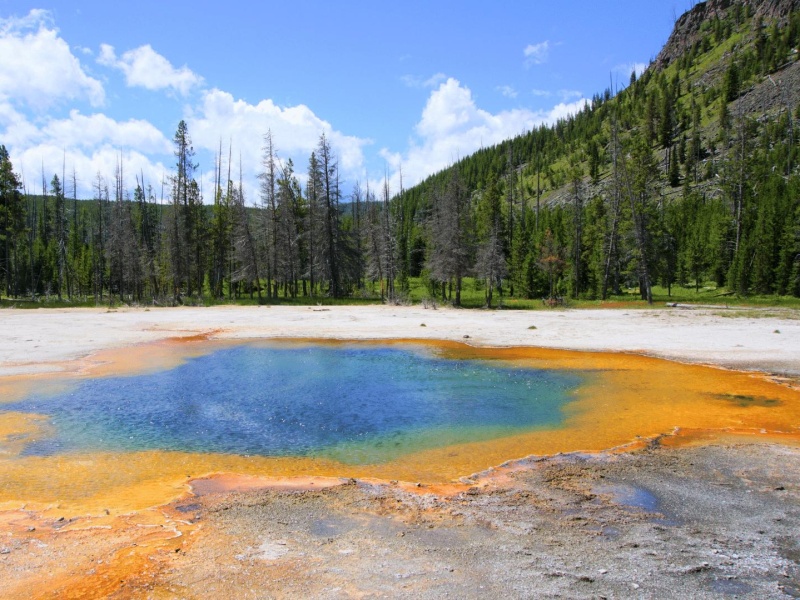Understanding the Impact of Language Barriers
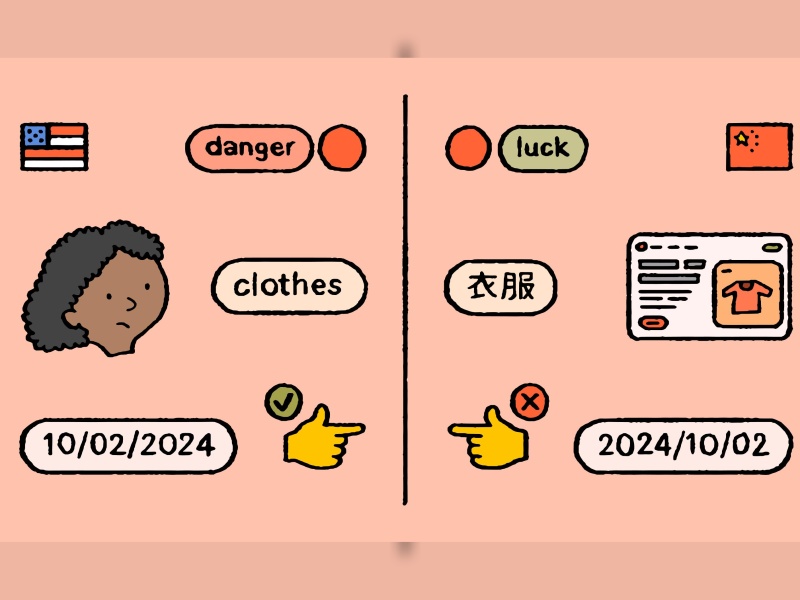
Language barriers can significantly affect your backpacking experience, from navigating new cities to forming connections with locals. Understanding the scope of these challenges is the first step toward overcoming them. Whether it's miscommunication at a train station or struggling to order food, these moments can be frustrating but also opportunities for growth. Recognizing that language barriers are a common part of travel helps you approach them with patience and creativity.
Learning Basic Phrases Before You Go
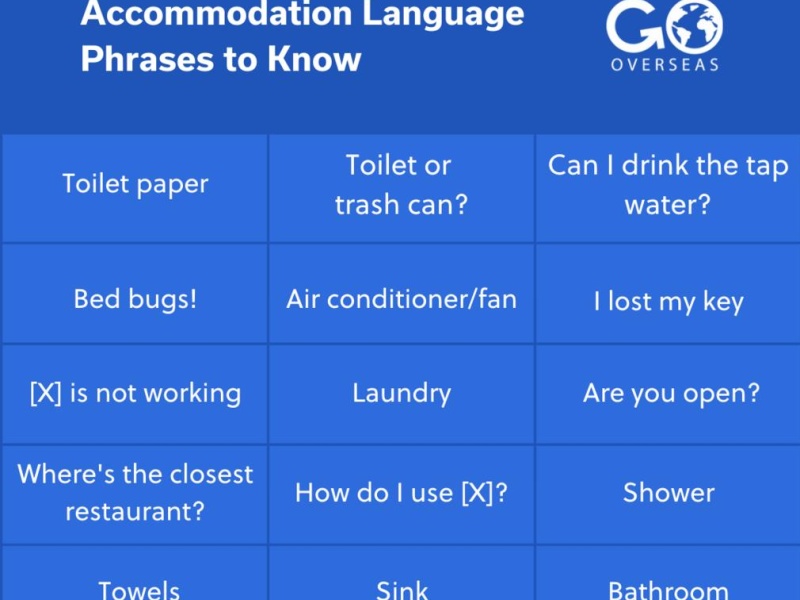
One of the most effective ways to deal with language barriers is to learn basic phrases in the local language before your trip. Simple greetings, directions, and polite expressions can go a long way in making your interactions smoother. Apps like Duolingo or Google Translate can help you get started. Even if your pronunciation isn't perfect, locals often appreciate the effort, which can lead to more positive and helpful interactions.
Using Technology to Bridge the Gap
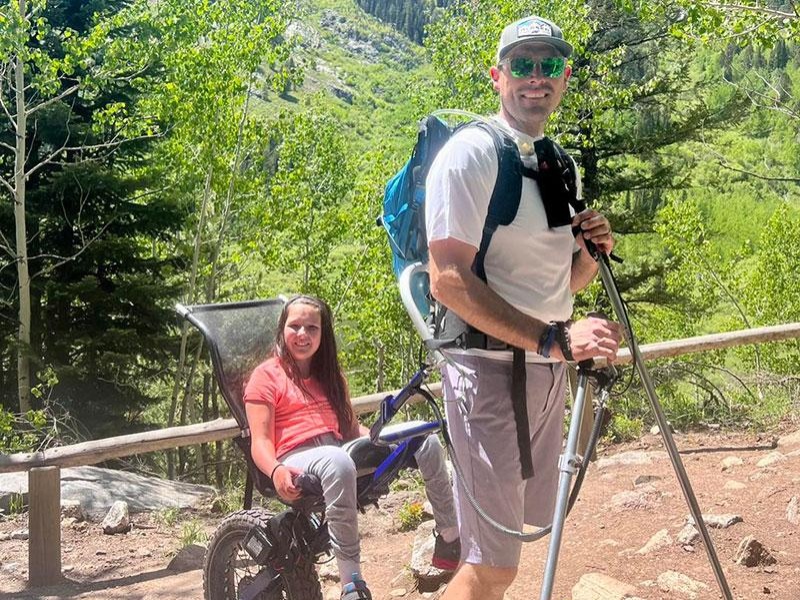
Technology has become a backpacker's best friend when it comes to overcoming language barriers. Translation apps like Google Translate or iTranslate can help you communicate in real-time, while offline dictionaries ensure you're never stranded without a way to express yourself. Additionally, apps like Maps.me can help you navigate without needing to ask for directions. These tools not only make travel easier but also empower you to explore more confidently.
Non-Verbal Communication: The Universal Language
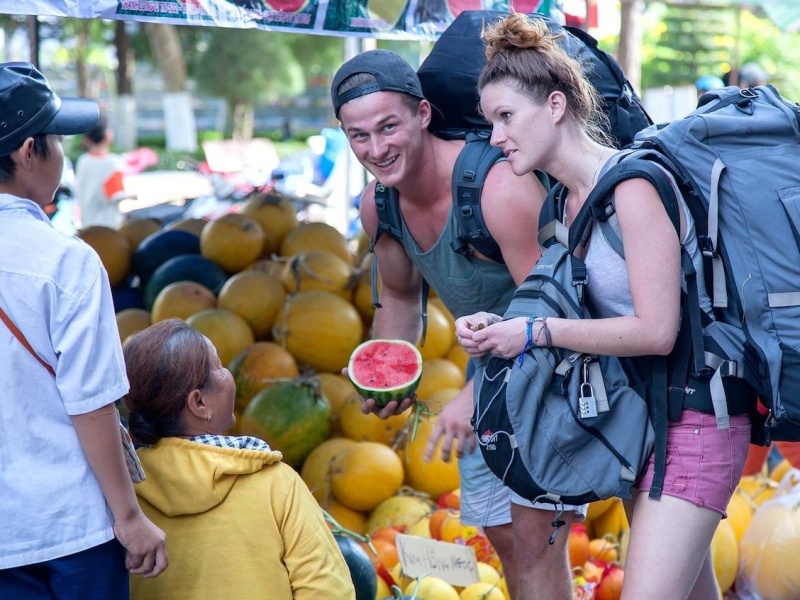
When words fail, non-verbal communication can save the day. Gestures, facial expressions, and body language are universal tools that can help convey your message. A smile, for instance, can break the ice in almost any situation. Pointing, nodding, or using hand signals can also be effective ways to communicate basic needs. While it's important to be mindful of cultural differences in non-verbal cues, this approach can often bridge the gap when verbal communication isn't possible.
Building Connections Through Shared Experiences
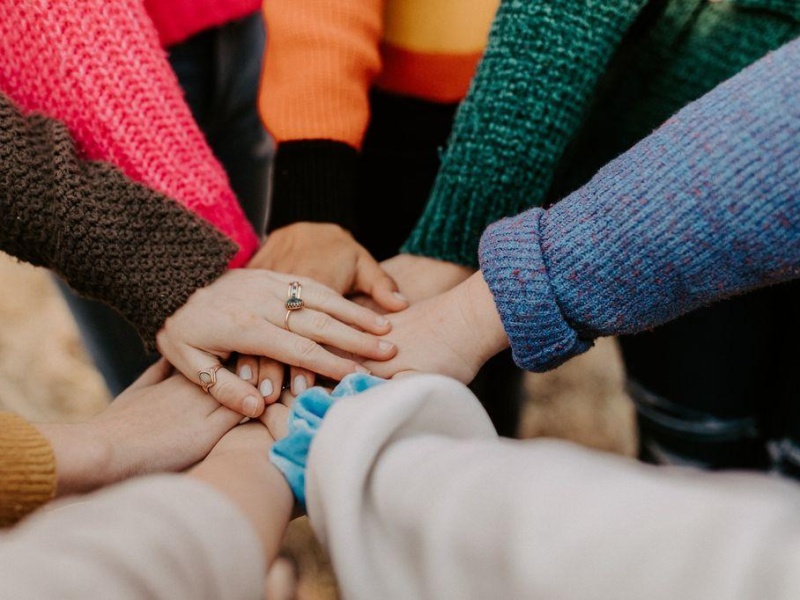
Language barriers don't have to prevent you from forming meaningful connections with locals. Shared experiences, such as participating in a cooking class or joining a local festival, can create bonds that transcend language. These activities often involve hands-on learning and provide a natural context for interaction. Even if you can't speak the same language, the joy of shared experiences can create lasting memories and friendships.
Staying Patient and Open-Minded
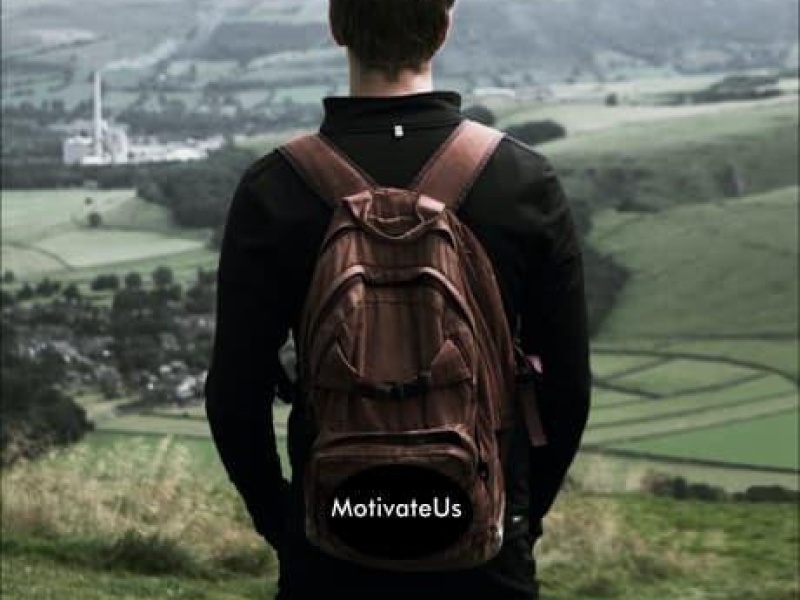
Patience and an open mind are essential when dealing with language barriers. Misunderstandings are inevitable, but how you handle them can make all the difference. Instead of getting frustrated, try to see these moments as opportunities to learn and grow. Being open to new ways of communicating and understanding can turn potential obstacles into enriching experiences. Remember, travel is as much about the journey as it is about the destination.
Key Takeaways
Dealing with language barriers while backpacking doesn't have to be a daunting task. By learning basic phrases, leveraging technology, and embracing non-verbal communication, you can navigate these challenges with ease. Building connections through shared experiences and maintaining a patient, open-minded attitude will further enhance your journey. Remember, every interaction is an opportunity to learn and grow, making your backpacking adventure all the more rewarding.
Frequently Asked Questions
Q: What if I can't learn the local language before my trip?
A: Even learning a few key phrases can make a big difference. Additionally, translation apps and non-verbal communication can help bridge the gap.
Q: Are there any cultural considerations when using non-verbal communication?
A: Yes, it's important to research cultural norms to avoid gestures or expressions that might be considered rude or inappropriate in certain regions.
Q: How can I make the most of shared experiences despite language barriers?
A: Focus on activities that involve hands-on participation, such as cooking classes or local tours, which naturally foster interaction and connection.

